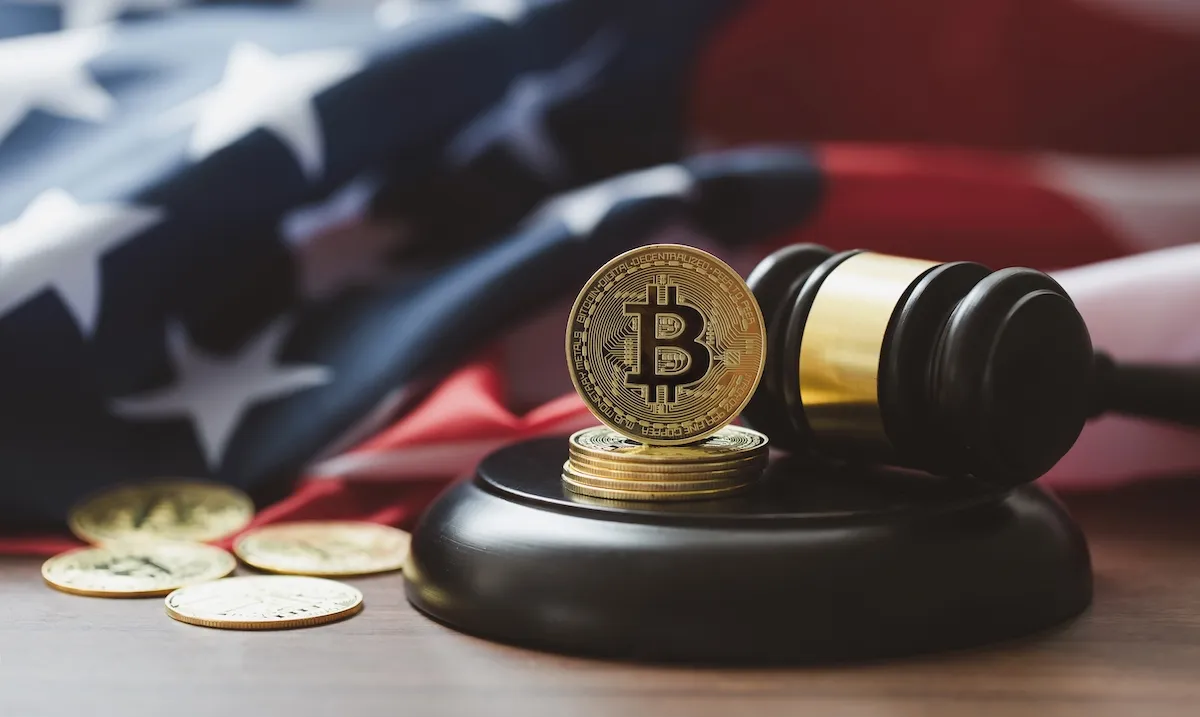US Seizes Record Bitcoin Haul Worth $15 Billion in Cambodian Crypto Fraud Empire

The United States government has taken possession of approximately 127,271 Bitcoin valued at around $15 billion, marking the largest forfeiture action in the history of the Department of Justice. This seizure has pushed the nation's total Bitcoin reserves above $32 billion at current market prices, a significant boost to federal holdings from cryptocurrency enforcement efforts. Authorities announced the action on Tuesday, targeting a sprawling network of investment scams that preyed on victims worldwide.
Federal prosecutors in the Eastern District of New York filed both a civil forfeiture complaint and an indictment against Chen Zhi, a 37-year-old former Chinese national who holds UK and Cambodian citizenship. Zhi, also known as Vincent and the founder of the Prince Group conglomerate, faces charges of wire fraud conspiracy and money laundering conspiracy, each carrying a potential sentence of up to 40 years in prison. He remains at large as investigators work to bring him into custody.
The Prince Group, which publicly operates in real estate, financial services, and consumer sectors across more than 30 countries, allegedly served as a front for one of Asia's most extensive transnational criminal organizations. Under Zhi's direction, the group ran forced-labor scam compounds in Cambodia, where trafficked workers executed fraudulent schemes targeting cryptocurrency investors. These operations, active since around 2015, generated billions in illicit profits laundered through sophisticated methods, including cryptocurrency exchanges and the group's own mining ventures.
Stay In The Loop and Never Miss Important Crypto News
Sign up and be the first to know when we publishInside the Forced Labor Scams Targeting Global Victims
At the heart of the criminal enterprise were pig butchering scams, a term derived from the tactic of fattening up victims with false promises before slaughtering their savings. Scammers built trust through social media and messaging apps, convincing targets to invest in bogus cryptocurrency opportunities that promised high returns. Once funds flowed in, the perpetrators vanished, leaving victims with devastating losses that wiped out life savings in moments.
The scale of human exploitation added a grim layer to the fraud. Prosecutors allege that Zhi oversaw the trafficking of hundreds of individuals into at least ten compounds in Cambodia, called Haowang Guarantee, previously known as Huione Guarantee (Group), where they endured prison-like conditions behind high walls and barbed wire. Workers faced threats of violence, including beatings and torture, to meet quotas in "phone farms" equipped with thousands of devices and millions of mobile numbers. Zhi personally tracked profits, reviewed ledgers of fraudulent activities, and even directed punishments to maintain control.
Beyond investment fraud, the network engaged in a web of related crimes, from soliciting explicit materials for blackmail, often involving minors, to illegal online gambling and corruption through bribes to foreign officials. Laundered proceeds funded extravagant lifestyles, including luxury yachts, private jets, and high-value art like a Picasso painting acquired at a New York auction. A Brooklyn-based cell alone facilitated the theft of millions from over 250 U.S. victims, underscoring the domestic reach of this international racket.
This enforcement action reflects deep collaboration between U.S. agencies and global partners. The FBI's New York Joint Asian Criminal Enterprise Task Force led the probe, with support from the Justice Department's National Security Division and international allies like the United Kingdom's National Crime Agency. In tandem, the Treasury Department's Office of Foreign Assets Control imposed sanctions on 146 entities and individuals tied to the Prince Group, while the UK's Foreign, Commonwealth and Development Office targeted related operations. These measures aim to dismantle the financial pipelines that sustained the scams.
Treasury Secretary Scott Bessent emphasized the human cost in his remarks, noting that transnational fraud has drained billions from American citizens through rapid, ruthless schemes. He highlighted the coordinated push with federal law enforcement and allies to shield individuals from such predators.
Prior to the seizure, it was a bit unclear exactly how much Bitcoin was being held by the government. A public transparency report was due in the spring but was never made public. However, just last week in a private dinner, it was disclosed that Secretary Bessent said that the U.S. held $17 billion in BTC. If accurate, this could bring the total value of Bitcoin the U.S. holds in dollars to around $32 billion at the time of this writing.

